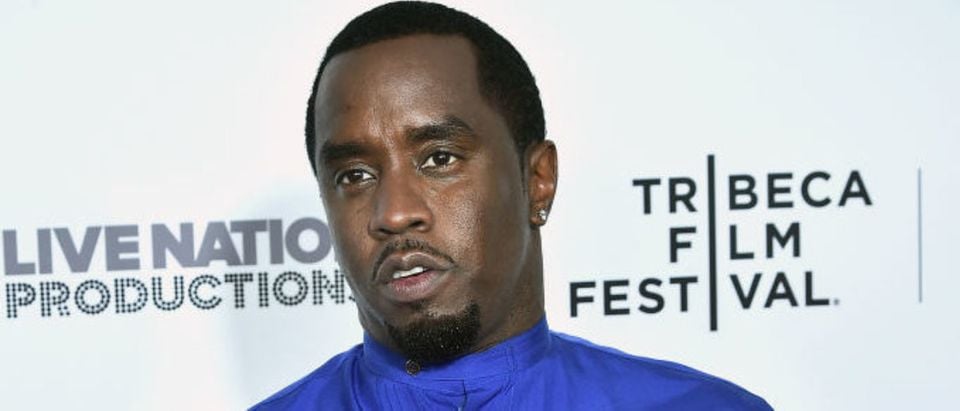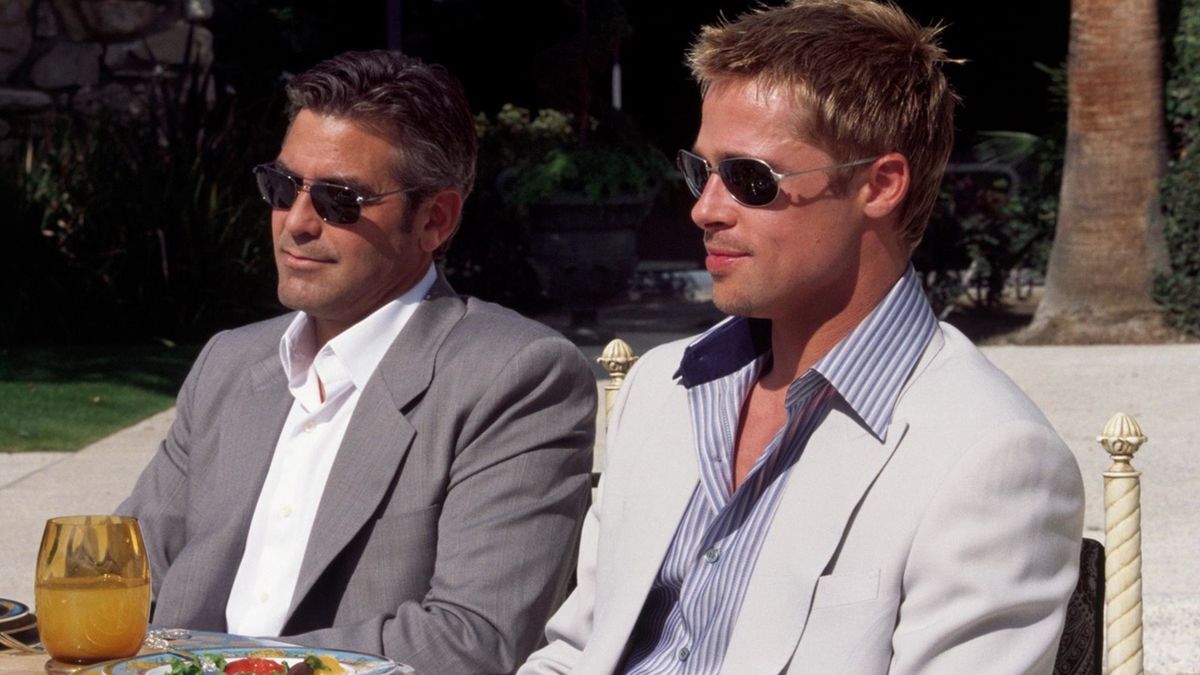Tyler Perry turned a tribulation into a triumph. “I was told they were tearing this building down about 10 years ago (It’s still up),” he wrote. “So when I heard that I went to visit it.
” Perry continued, sharing a photo of the site: “This was my first apartment after being homeless. I was so happy to have this place. I remember being so happy to have a roof over my head but also being so anxious and scared that I wasn’t going to be able to pay the $425 rent every month.

” Every first of the month, the “Madea” star would “lay so still in the twin bed that squeaked when I moved” as he heard the landlord collecting rent from other tenants. “He would knock on the door and I would just freeze and pray that he went away,” Perry said. “I was late on the rent every month, man this makes me tear up,” he added.
While working with UPS collections, the “Meet the Browns” star attempted to get his plays “off the ground” to no avail. Depressed at his job, Perry was “praying and praying for my change to come.” Finally, things began to look up as Perry started to make progress in his theater work.
“I had started doing the play and started to make a little money, and as soon as I got the money, I paid all the back rent. I was so happy that I could,” he said. However, after Perry returned home one weekend, he found an eviction notice on his door.
“This is after I had paid him. I was so mad,” the playwright said. “He said I had been late too many times and I had been there too long and it was time for me to go.
” “I was angry, I wanted to stay, I didn’t want to leave this one room that I had found comfort in,” he continued. “But I was forced out of that place. I was forced to leave even though I had met my obligation.
” Looking back, Perry believed that moment was the start of his “new beginning,” as he would have never stepped out of his comfort zone if the landlord hadn’t evicted him. “I now know that nothing huge comes from staying comfortable, I now know that just like stagnant water, being stagnant can kill your dreams. I now know that you don’t get to the other side by staying comfortable,” he said.
“I now know, and I thank God that that man put me out of that place.” He ended the post with some encouragement to his fans. Perry moved to Atlanta in the early 90s, where he saved about $12,000 to produce his first play, “I Know I’ve Been Changed,” at a community theater.
After years of persistence touring on the “Chitlin’ Circuit,” low-cost productions hosted in urban theaters, he finally earned critical acclaim and became a commercial success. Perry is best known for his character “Madea.” First appearing in the 1999 play “I Can Do Bad All By Myself,” Madea also appeared in plays such as “Diary of a Mad Black Woman” (2001) and “Madea’s Family Reunion” (2002).
In 2005, the Louisiana native launched a box office success when he released a movie adaptation, “Diary of a Mad Black Woman.” “Madea’s Family Reunion” (2006) also made it to the big screen and grossed $65 million at the box office. Perry’s character Madea went on to appear in other films throughout the 2000s and 2010s, including “Madea Goes to Jail” (2009), “I Can Do Bad All By Myself” (2009), “Madea’s Big Happy Family” (2011), and “Madea’s Witness Protection” (2012).
In 2015, the actor purchased a 330-acre military base, which he transformed into the embodiment of Tyler Perry Studios. The first movie to be filmed at the studios was the superhero film “Black Panther” (2018), which made over $1.3 billion at the box office.
.



















